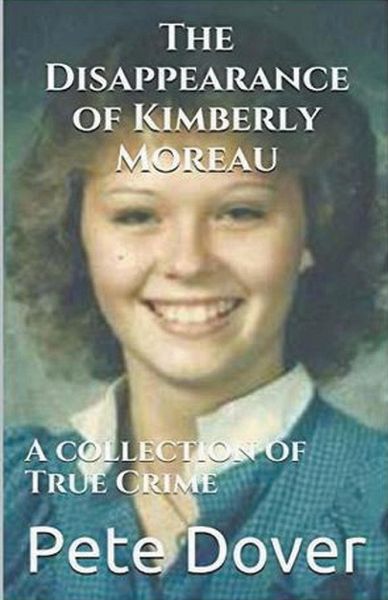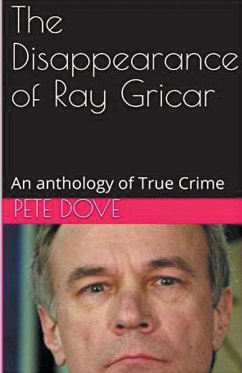
The Disappearance of Kimberly Moreau

PAYBACK Punkte
8 °P sammeln!
For those parents who lose a child in criminal circumstances, it is tough to judge which is worse: is it harder to bear the certainty that a loved one has been killed, murdered with all the fear and guilt that brings? Or does the suffering reach even greater proportions when that child is missing, presumed - but not certainly - dead? Is the inevitable hope such a condition brings a small benefit or an added torture? The family of Kimberley Moreau may have a view on the subject, having been exposed to the greatest, and as yet unresolved, trauma of losing their daughter or sister. More than thir...
For those parents who lose a child in criminal circumstances, it is tough to judge which is worse: is it harder to bear the certainty that a loved one has been killed, murdered with all the fear and guilt that brings? Or does the suffering reach even greater proportions when that child is missing, presumed - but not certainly - dead? Is the inevitable hope such a condition brings a small benefit or an added torture? The family of Kimberley Moreau may have a view on the subject, having been exposed to the greatest, and as yet unresolved, trauma of losing their daughter or sister. More than thirty years of trauma. Certainly, Kimberley has, for many years, been declared officially deceased but knowing her fate for sure has eluded the family. It still does. Similarly, despite their suspicions, they do not know for certain who perpetrated the crime which led to her disappearance. When people are missing for many years; history stops. 'They will not grow old, as we grow old; age will not weary them...' Laurence Binyon's words were written for his compatriots killed in the first world war. But they apply in situations such as Kimberley's. She is forever a teen. Her hairstyle is forever 1980s; short, curled, of its age. Time stopped for her, it would seem, in that decade of excess. But, as in the case of others lost, presumed dead, her story needs to be told. It helps to keep her memory alive.














